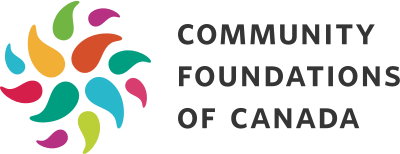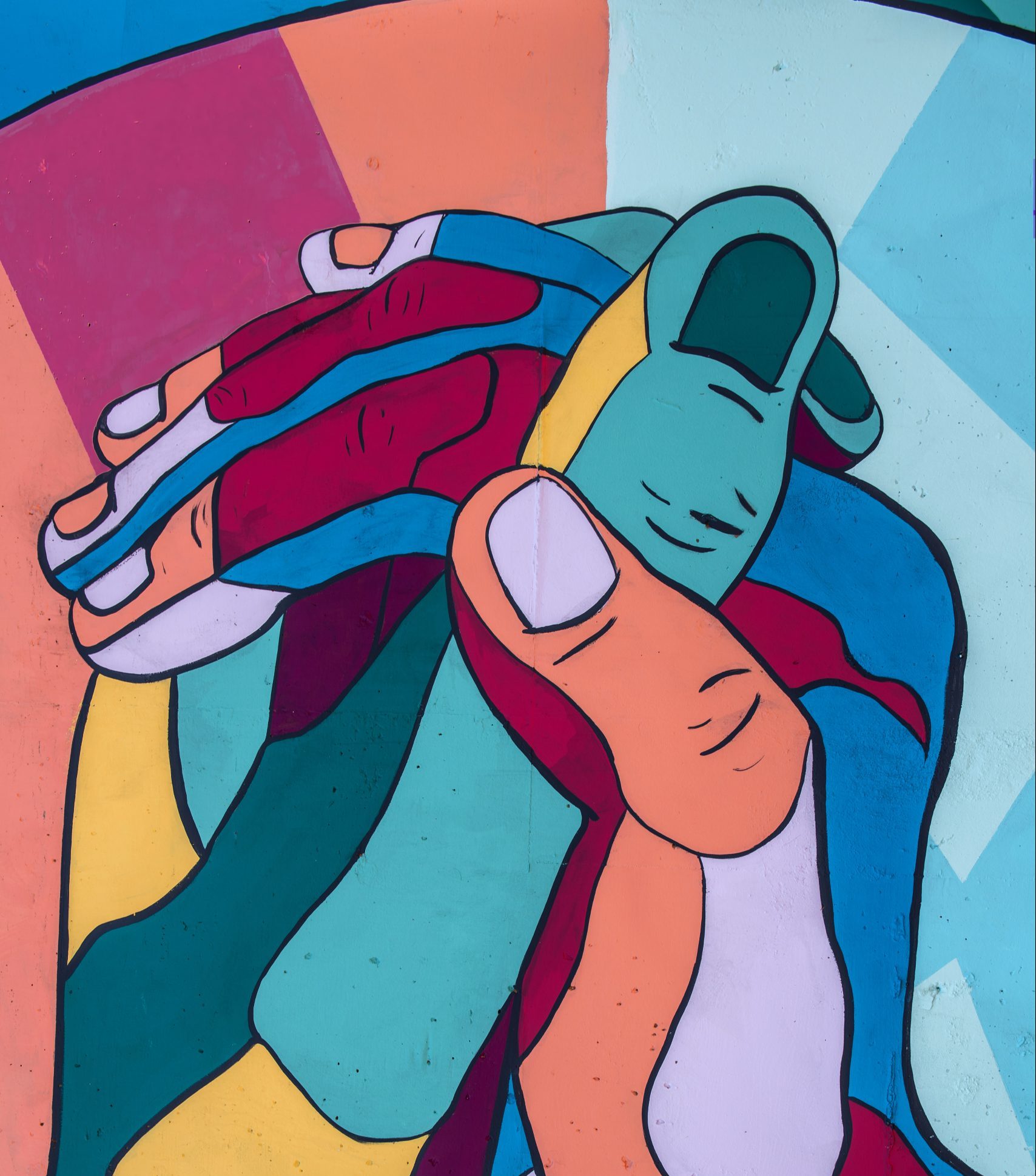This is part of our Emergency Community Support Fund series, showcasing how the $350 million federal funding program is supporting vulnerable populations disproportionately impacted by COVID-19.
To date, there are well over 400,000 COVID-19 cases in Canada, creating an urgent, ongoing need for health information, testing, PPE and more. Even before the pandemic, vulnerable populations faced barriers to accessing health resources — and COVID-19 has only exacerbated the issue.
Across the country, charities and non-profits are working tirelessly on the frontlines to support these communities. To help further their impact, Community Foundations of Canada granted almost 5,000 projects funding from the Emergency Community Support Fund (ECSF). More than 2000 of these projects are keeping people safe from the pandemic through health and hygiene measures.
The Crafting Community Springs into Action
One of these organizations is the Craft Council, bolstering the craft community’s economic potential in Newfoundland and Labrador. At the start of the pandemic, the Craft Council joined a provincial taskforce, working with multiple partners and volunteers to create Health Canada-certified PPE.
“As of the end of August, we’d completed 250,000 general-purpose masks,” says executive director, Rowena House.
The PPE is supplied to local health authority, Eastern Health, which distributes it where needed. With the additional ECSF funding, the task force was able to hire 10-12 arts and textiles students to create PPE on a full-time basis.
“[The students] were in limbo since March, and wanted to give back, as well as [make] some money,” House says. “They’ve got all of these great skills: production, sewing, making sure that they’re following patterns correctly. It really does tie back to their education.”
As COVID-19 cases are low in Newfoundland and Labrador, most PPE is sent to other areas of the country, such as Alberta. “We have 24 cases in our whole province — our PPE is available,” House says. Through its work with the task force, the Craft Council is a leader in rallying people together to support frontline workers from coast to coast.
Protecting All Workers’ Rights
In Prince Edward Island, the pandemic has thrown into light the problems affecting temporary foreign workers. Deemed essential during COVID-19, these workers play an important role in PEI’s seafood processing and agriculture industry. Despite this, workers struggle with limited legal rights and unstable work.
The Cooper Institute provides this community with accessible legal, health and safety information. Ann Wheatley, project coordinator, explains that these individuals don’t receive permanent residency, and can only work for one employer. As a result, she says, “there’s a lot of fear about speaking out around unsafe or unhealthy living or working conditions.” In Ontario, Wheatley adds, the situation has led to deaths of workers due to COVID-19.
Before the pandemic, the Cooper Institute circulated printed resources to workers. Once social distancing measures began, Wheatley says, “one of the challenges we found was that people were really relying on their cell phones to get information.”

The Cooper Institute has been using the ECSF to make resources available online. “That involved reformatting the information guides on our website to make them readable on a cell phone,” she says, as well as translating text into various languages. The solution might be simple, but it’s incredibly effective in supporting this vulnerable population — which is exactly what the ECSF is for.
Supporting Women’s Safety
Another ECSF-funded organization is Atira Women’s Resource Society in British Columbia, committing to ending violence against women. Working with women in single-room occupancy hotels and micro-units, CEO Janice Abbott says Atira provided “prepared meals, cleaning supplies and masks”, as well as delivering prescription medications during COVID-19.
Atira operates in Vancouver and nearby Surrey. Using ECSF funding, the organization was able to run a Surrey outreach van, as the city is more sprawling than Vancouver’s downtown core.
“It’s on the road from 6:00PM until 3:00AM,” Abbott says of the van. “We know where women are clustered — women who are working, women who are sleeping outdoors — so we take supplies to [them].” Thanks to this work, women in Surrey now have access to the PPE they need to stay safe during the pandemic.
Building Back Better
All three organizations took an inclusive approach to how they used the ECSF funding, ensuring their community was part of the decision-making process. “We try to work closely with the women who access our services,” Abbott says. Likewise, “migrant workers were involved in the development of the guides,” Wheatley says of the Cooper Institute.
Although the ECSF has created a real, positive change, the demand for emergency funding continues to rise. “It’s important to us to build more resilient communities, and that means longer term projects and funding,” says Wheatley. “If we want to build back better, we need to address things that keep [workers] in a situation of vulnerability. It’s about giving money to employers to create better housing.”
Looking at Atira’s role after COVID-19, Abbott emphasizes that “women who are sleeping rough, or who are working outdoors, continue to need support. Maybe it won’t be masks in a year, but it will be something. Certainly, the ability to connect [women] to housing is critical beyond COVID.”
For House, additional funding after the pandemic would mean more collaborations with Eastern Health, developing new products that create financial sustainability for local communities. “One of the big takeaways from this pandemic: you’ve really got to diversify your economics coming in, so that you can do all of the projects that you have in mind,” she says.




